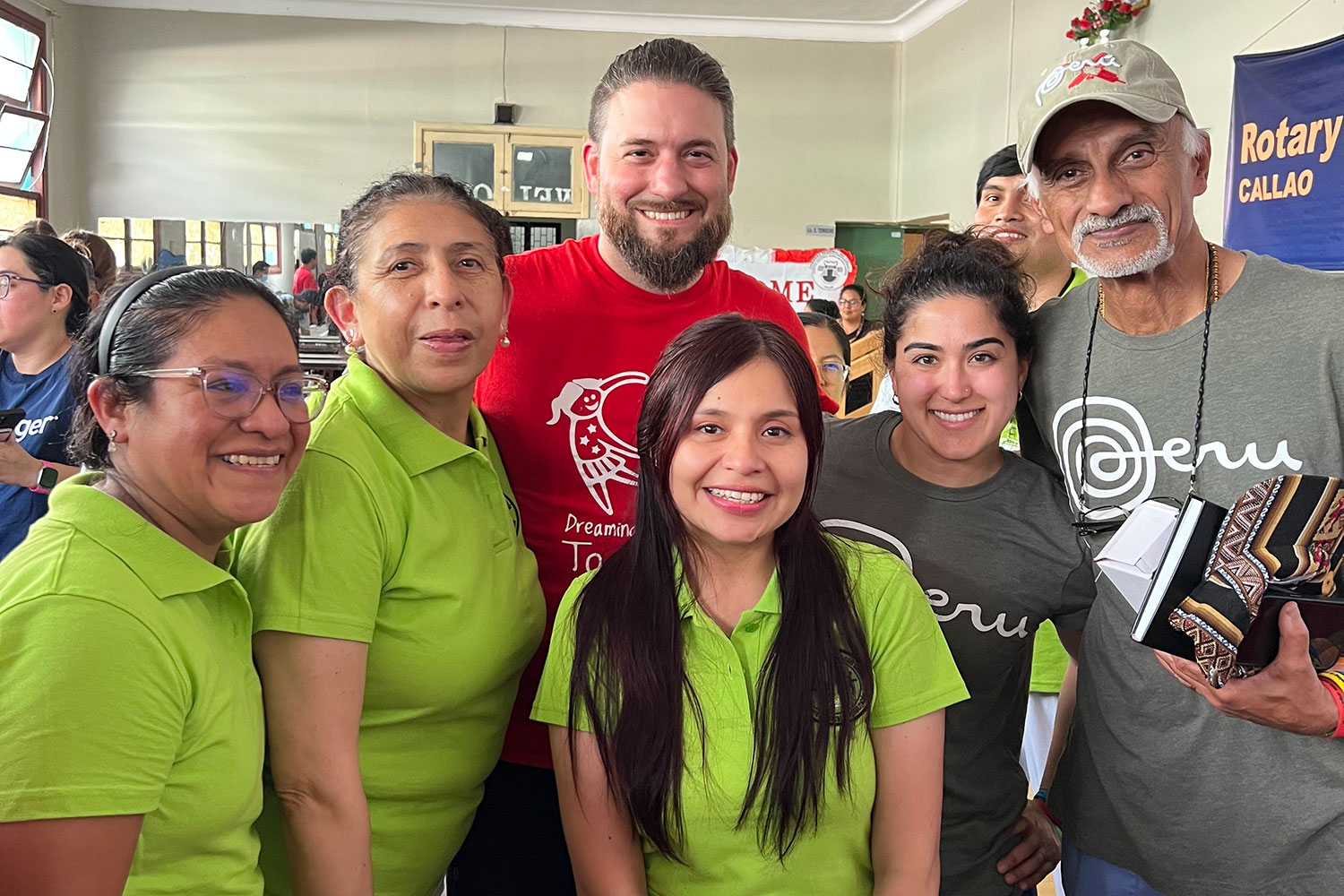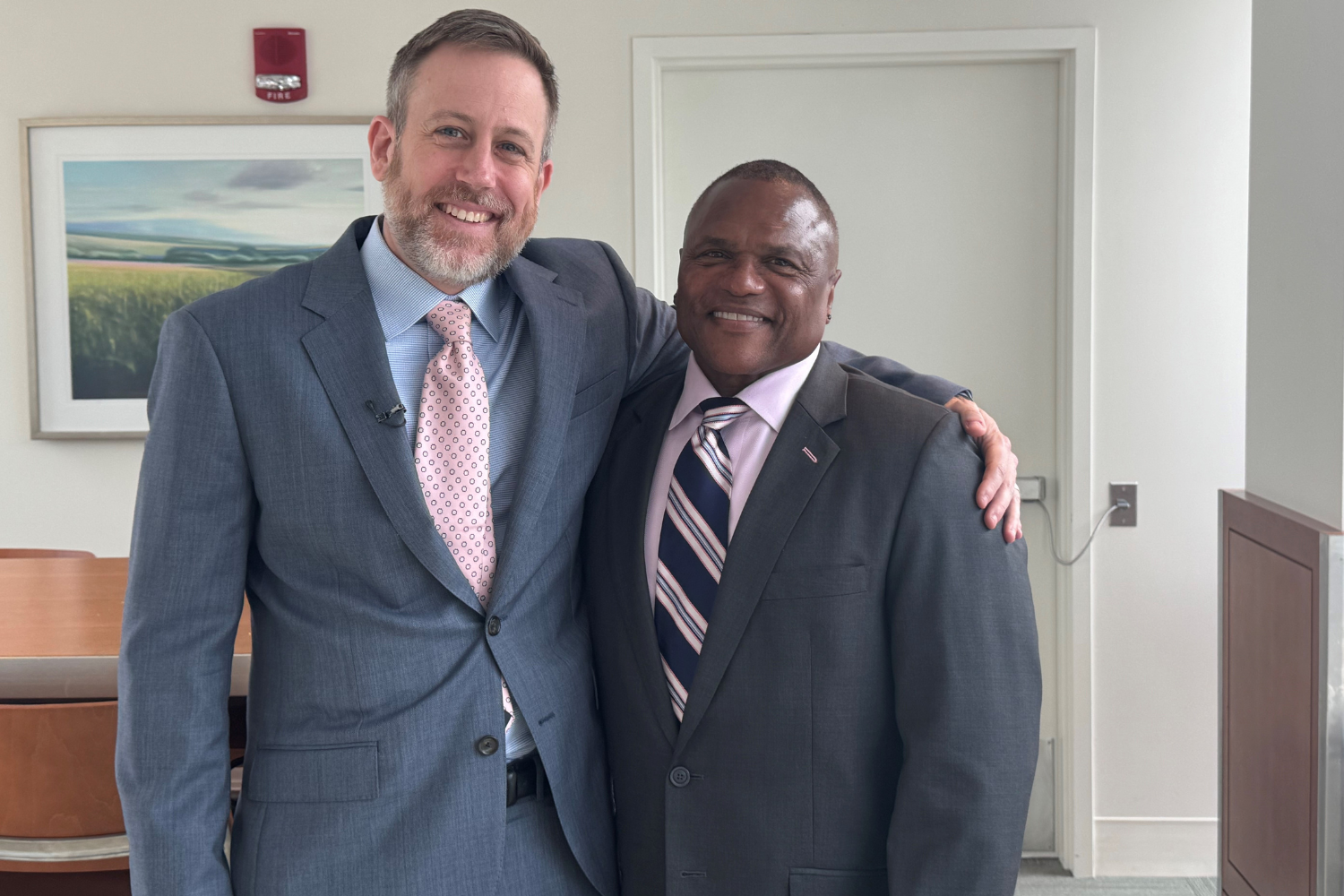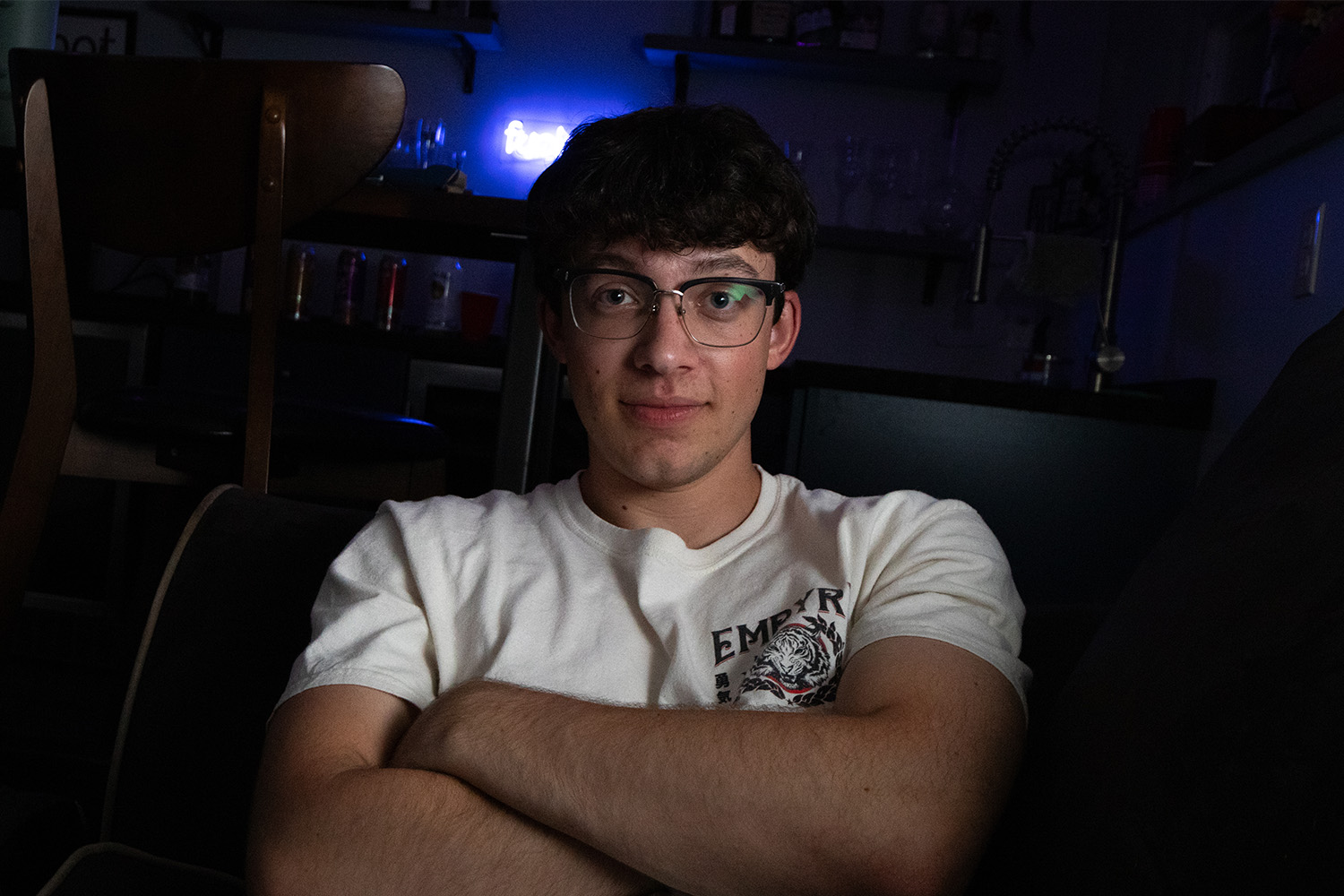Transgender is a term that includes the many ways that people’s gender identities can be different from the sex they were assigned at birth. Gender incongruence and/or realization of identity as transgender can occur at any age.
The number of young people who identify as transgender has nearly doubled in recent years, according to a new report that captures a stark generational shift and emerging societal embrace of a diversity of gender identities. This hasn’t always been the case for other generations.
The struggles faced by younger people are entirely different from those who transition later in life. Both Claire and Theo, patients of the UConn Health Transgender Medical Services, realized their gender dysphoria in their late 20s and early 30s.
CLAIRE
Claire was assigned male at birth and her earliest recollections stem from around 5 years old when playing house and wanting to play the “mom.” At the time, she thought nothing of it.
“I was a kid simply playing with my friends,” she says.
It was not until she turned 8 when things started to change. She was the quiet kid in school, not great at sports, who ran cross country and played video games but started getting picked on.
When realizing gaps in the things boys were doing, she stopped playing dress-up and began doing things to fit in with her male friends.
She didn’t really like who she was and one birthday, her mom got her a book called “I Hate Everything” that characterized her personality.
In her early teenage years, she started dressing in women’s clothes when her parents were asleep, she was happier when presenting more feminine but didn’t really understand. At that time she didn’t have the vocabulary or awareness that trans people existed. The cross-dressing continued in secret through college.
“I would often sit up at night wishing I could wake up as a woman,” she recalls.
She would want these things, but also fight them, repressing her thoughts or denying her feelings outright.
Her first job was in Kansas, in the middle of the Bible Belt.
“I felt isolated, away from my family and the friends I had made in college,” Claire says.
Working in computers, she found a social virtual reality game online and decided to give it a try. The game allows players to talk with one another virtually in different rooms known as “worlds.” The worlds range from cozy dim-lit bars and cafes to the tops of mountains. Players could choose and even create their own avatar to represent themselves in the virtual world.
“It was a place that accepted people for who they are,” she says. “People talked to you like you are a person, and would not care about what you looked like.”
She immediately created a female avatar and tried different looks.
“I was on cloud nine, it felt so real and I was so much happier presenting as a woman,” says Claire.
Over time, she decided this was maybe something to think about and it was not a fetish or something to be hidden.
At a routine check-up with her doctor, she decided to come out and ask about her different options. Her primary care physician was extremely helpful and referred her to the UConn Health Endocrinology Department.
“It was nerve-wracking making the first appointment,” said Claire. “I thought I was going to have to prove myself to the doctor, that I was trans enough to move forward, but that ended up not being the case.”
The first meeting was with Britta Shute, and her anxiety and fears melted away as she started to tell her story. They discussed her possibilities and various medications.
Claire decided to pursue hormone replacement therapy (HRT). Feminizing hormone therapy helps male-to-female transgender individuals (trans women) achieve a more feminine appearance. It uses anti-androgens to block male hormones. Taking estrogen and progestin helps you develop breasts, softer skin, rounder hips, and more.
“Britta was so very open and honest,” says Claire. “Every visit is something I look forward to at UConn Health. If I’ve had a bad month, knowing I have an upcoming appointment keeps me going.”
The doctors involved in her care became a pivotal part of her transition process, they are the people she talked to beyond just the medication prescribed. “Britta is always willing to help and having that has been insurmountably helpful, she has been nothing short of amazing,” says Claire.
“Looking back a year or two, I struggled with depression that made it hard to get out of bed, I did not have any confidence or value of self in general,” recalls Claire.
She owed it to herself to find out who she is and live her life authentically. Claire is beginning her second year on HRT, has her dream job and a boyfriend.
“I am far more confident and feel I have a future — the book ‘I Hate Everything’ is now in the trash,” says Claire.
Claire is very thankful to her family and doctors who have been so supportive.
THEO
Theo was born Grace to two amazing parents he describes as unencumbered by worries about traditional gender roles so he never had to worry about gender or gender expression.
Now married, with two foster children and a job as a social worker, he knows it’s normal for kids to be questioning who they are, but not everyone has family support.
He did not grow up wrestling with who he was mostly because his parents let him be who he was. He realizes his journey is not typical and he came to the realization late, but feels strongly that we need to normalize exploration.
Now 32, Theo started the transition in 2021. “I’d grown up a ‘tom-boy,’” came out as a lesbian, and then explored a more nonbinary identity briefly before acknowledging that coming out trans masculine felt more authentic.
“I thought, this could be a thing, I could embrace being male,” says Theo.
He explored his thoughts with a therapist and his wife. His wife blessed his decision and was so supportive. It was then he started seeing Shute at UConn Health.
“Britta explained the process, asked how I came to the decision and what my goals were, says Theo.
Theo also chose HRT and has been using hormones for a year. Female-to-male (FTM) testosterone therapy, or T therapy, is a treatment that some people may receive to induce “masculine” physical traits and suppress “feminine” ones. Those who choose to undergo T therapy will receive the hormone testosterone to reduce estrogen production
He has chosen to have a subcutaneous mastectomy, a procedure to remove breast or chest tissue,
Staying true to his roots, he chose the name Theodore “Theo” because his birth name of Grace of Latin origin means “ God’s gift” and Theodore of Greek origin also means “gift from God” or “divine gift.”
“This name was important to my mom and is a paternal family name, to honor my parents’ respect regarding coming out I chose to keep it in this for her,” says Theo. “I am still Grace, I was a daughter, sister, mom, now I am a son, brother, father.”
He came to his decision late in life but loves that teenagers and kids are realizing their identity now and there is a vocabulary and conversation that did not exist when he was growing up.
“I am so grateful for UConn Health and all the support,” says Theo “It is a nice climate and a good experience here.”



